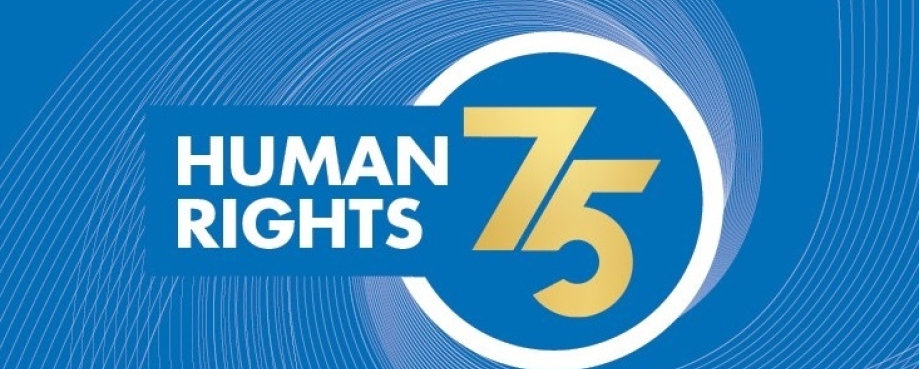
Sunday marks Human Rights Day, and 75 years since the adoption of the Universal Declaration of Human Rights (UDHR).
On 10 December 1948, in the wake of World War II, the UDHR aimed to establish a global commitment to safeguarding the inherent dignity and rights of every individual. The 30 rights and freedoms outlined within, continue to form the basis for international human rights law today, with increasing legal obligations for businesses worldwide.
Born out of the atrocities of war, the thinkers behind the UDHR sought to create a framework that would prevent future human rights violations and promote a world where everyone can enjoy the fundamental rights and freedoms to which they are entitled. Today the UDHR stands as a leading light, inspiring nations, and organisations to advance its promise of freedom, equality, and justice for all.
The intersection of business and human rights
Recent decades have seen a welcome paradigm shift in understanding the role of business in relation to human rights. Beyond profit making, companies have been increasingly recognised in their responsibility to respect and protect human rights in their operations. With the help of trade union, NGO, and company advocacy, various nations and international bodies have developed legislation specifically aimed at addressing the intersection of business and human rights. Laws and regulations are emerging globally to hold companies to account for their adverse impacts on human rights, both within their own operations and across their supply chains.
From the UN’s endorsement of the Guiding Principles for Business and Human Rights in 2011, to the existing and emerging mandatory human rights legislation we see now, none would be possible without the UDHR. Not to mention, the Ethical Trading Initiative, which might never have come about!
Addressing human rights risks
While progress has been made, challenges persist. Some businesses face difficulties in addressing human rights risks across complex global supply chains. At ETI, we bring together companies, trade unions and NGOs to help identify, understand, mitigate, and address human rights risks in supply chains worldwide. By joining ETI, organisations commit to aligning their practices with the UNGPs. We work with companies to implement proactive and continuous human rights due diligence, resilient to shocks and crises – from coups and conflict to the effects of climate change. With the help of our unique frameworks and one-to-one support, businesses can improve year on year, to get from where they are, to where they need to be - in line with UNGPs and emerging legislation.
Emerging legislation
75 years on from the adoption of the UDHR, we stand poised for a year which will expect more from companies on their human rights and environmental obligations than ever before. Year two of the German Supply Chain Due Diligence Act and year one of European Sustainability Reporting Standards kick off in January 2024, together impacting over 60,000 companies. Not to mention, just last week a new proposal for the UK’s first law requiring companies to conduct human rights and environmental due diligence was introduced in the House of Lords. At ETI, we welcome this progress for responsible business conduct, and will continue to support new and existing company members to meet their obligations and address human rights abuse in global supply chains.
...
Managing human rights issues in supply chains isn’t something that one organisation can do alone. ETI is the only organisation that brings everyone in the supply chain – businesses, NGOs, and trade unions – around the table, because we will only make the progress we need, by working together. If you’re interested in becoming an ETI member, get in touch: membership@eti.org.uk.
